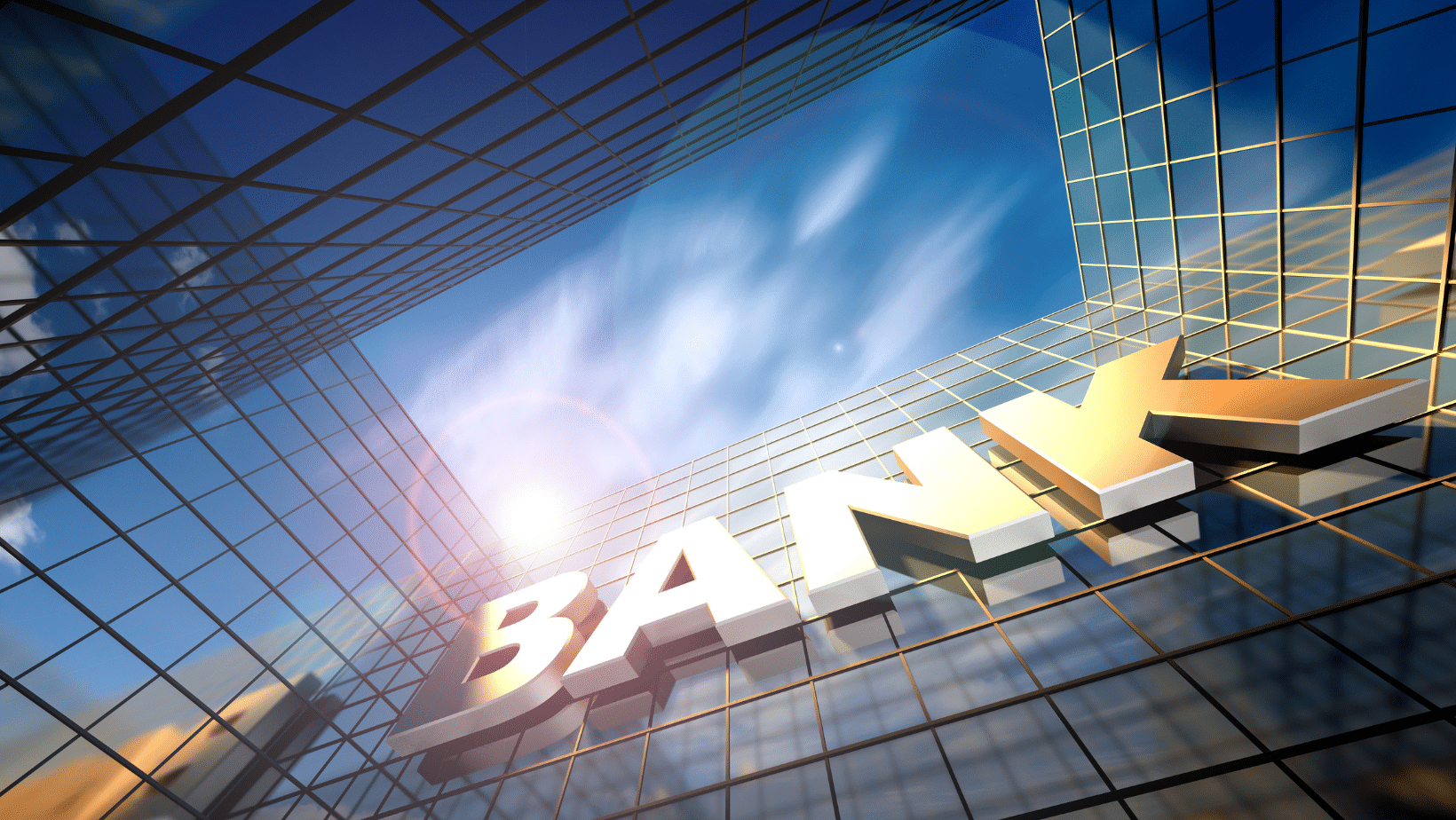Here’s How to Prepare your Finances

With the additional $600 per week unemployment benefits coming to an end this week, it is important to think about the ways in which you can prepare your finances for the months ahead. Many Americans are currently jobless and have been relying on these additional COVID-19 related unemployment benefits. There is much uncertainty as we navigate through the pandemic the best we can, but there is great value in coming up with a plan to start saving and getting your finances in order as your benefits may decrease in the coming months.
Here are some key ways to be prepared for your future and what you should expect as any additional unemployment relief comes to an end.
Adjust your Budget
A great place to start in uncertain times is with your budget. Sit down and attempt to cut out all unnecessary expenses along with looking into other options that may be cheaper. It’s important to think of all your essential monthly costs and see where you can save a buck or two. For example, take a look at your housing, food, utilities, and car payments to see if there are places you can cut down.
Contact your Creditors
If you have not already called your creditors, you should consider reaching out to them and discussing your options moving forward. If you are only able to pay the minimum payment on your credit card bill, make sure to let your creditors know so they can figure out a plan and help you out. Many creditors may be able to offer you “financial hardship assistance” so that you can keep your credit in good standing even if you can’t pay more than a certain amount each month.
Build an Emergency Fund Even if You Don’t Think You Can
We all know it’s important to have a cash cushion, especially in times of economic crisis. However, it can be difficult to think about how to build one when you are already strapped on cash. But, it’s never too late to start saving. The first step is to start reducing any debt. You should also try to put yourself into a “saving mindset” by incrementally setting aside a small stash of cash every month. You can contact your bank to set up auto payments to your savings account each month, which will help you get consistent with your saving habits.
Expect a Drop in Your Credit Score
While it’s important to maintain a strong credit score, in times of financial crisis it is okay to expect a drop in your score. As mentioned above, make sure to give your creditors a call to keep them in the loop about your situation. Also, if you are unable to pay your credit card balance in full, at least pay the minimum amount to keep your credit stable.
Understand Your Costs
When you are strapped for cash, it is important to know which bills you should be prioritizing, for example, housing payments. While the additional unemployment relief is ending, so are the eviction moratoriums. Make sure to do some research and have a conversation with your creditors, landlords, and banks to fully understand the regulations and rules associated with your payments.
Ask your friends and family for advice and we encourage you to seek out a financial advisor for guidance and clarify on your financial situation. If you have any questions or are uncertain about the future of your financial life, we are happy to help you in any way and help you figure out your financial future. Please contact us to schedule a free 30 minute consultation.
